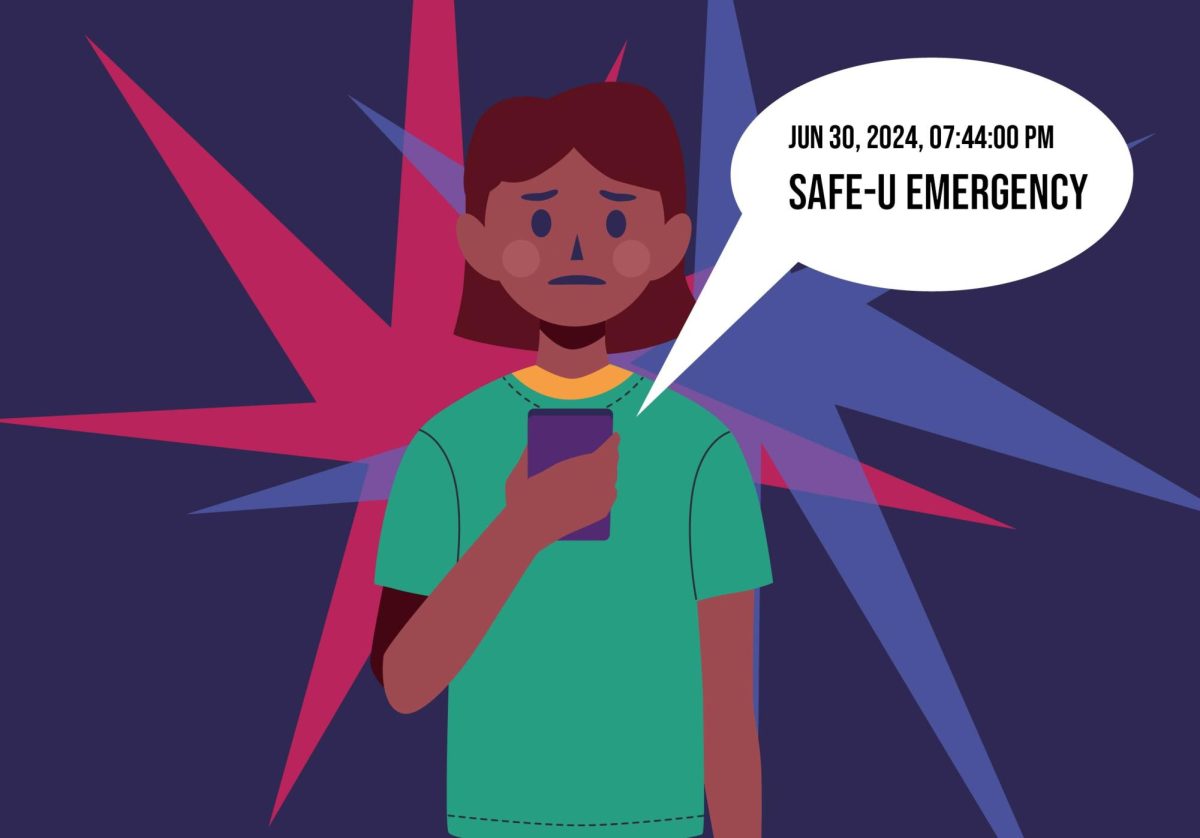The University of Minnesota is seeking input from students, faculty and other stakeholders as it develops a modified set of course requirements for all students as part of a curriculum review.
To begin this review and gather recommendations, the Core Curriculum 2025 Committee is hosting online forums throughout April and May. Student forums were held April 18 and 20 and a forum for employers was also held on April 20.
Although curriculum requirements are typically revisited every 10 to 15 years, the general format has remained the same since 1991. Any changes to curriculum implemented by the committee would impact students beginning at the University in 2025.
The goal of the curriculum review is to better prepare students for post-graduation, said University President Joan Gabel in an interview with the Minnesota Daily.
“I think it’s important because there’s a very broad discussion in society as a whole about the value of being educated and what it means to be educated,” Gabel said. “As a University, we think about what you need in order to be prepared for work. We also think about what you need to be prepared for life, and they are not necessarily the same thing.”
The current curriculum for undergraduate students on the Twin Cities campus requires students to take classes that fall under four themes and seven diversified cores, like historical perspectives or mathematical thinking. Writing intensive courses are also mandatory.
A common curriculum for all students creates exposure to skills outside of their major requirements, Vice Provost and Dean for Undergraduate Education Robert McMaster said.
“The idea is that we think all of our U of M undergraduates should have some common curricular experience,” McMaster said. “Even if you’re a theater major, we want you to go out with some knowledge of mathematics.”
McMaster said he thinks the model for writing classes could be reviewed and a public speaking requirement could be added to the curriculum, although these changes are not certain.
The last curriculum review was in 2005, where the committee at the time added technology and society to the list of required themes. In 2021, the University Senate approved the addition of a race, power and justice theme.
This is the first time a review committee is including two student representatives, McMaster said.
Committee student representative Zeke Jackson said one of his main goals is to ensure “students aren’t being overburdened by liberal education requirements.”
Jackson is also the Academic Affairs Committee director for the Minnesota Student Association, which is gathering its own feedback from students on the curriculum with a survey.
So far, 17 students have taken the survey and generally have shown interest in learning more about student finances. Respondents also generally said they appreciated having a variety of curriculum requirements set in place.
Jackson said he hopes the curriculum will equip students with skills that will prepare them for their future endeavors.
During the student forum on Monday, some students said they feel like they need to “check off the boxes” in order to graduate with current requirements, according to Jackson.
Students at the forum also expressed interest in learning more about how to connect their general education to real-world topics, committee chair Will Durfee said.
“One of the most common comments that I hear from students across all majors is, ‘How do I make my education relevant to the world that I’m a part of now or will be going into in the near future?” Durfee said.
With many viewpoints on what should be updated in the curriculum, it may be challenging to make changes that please everyone or apply to all areas of study, Durfee said.
“We’re never going to get everyone to agree,” Durfee said. “But if we can come up with some general principles and then codify that into an education program that ultimately people are excited about … I think that would be a real win for our University.”
The committee is aiming not to have preconceptions about what should be changed in the curriculum and to listen to common trends and ideas coming from students, faculty and other stakeholders, Durfee said.
Committee faculty representative Lee-Ann Kastman Breuch said curriculum requirements will only be changed or updated if that is the general consensus on campus.
“I don’t think this committee is seeking to change things,” Breuch said. “We are really trying to figure out from the University community if change is desired, and then, if so, what that is.”
University community members can leave comments on a form or email any committee member if they have suggestions or concerns about future curriculum requirements, Durfee said.
“You don’t always like that you have to go in and find these courses and find social science that’s also an environment course,” McMaster said. “It’s a bit of a checklist, but in the end you realize the importance as a graduate from a world-class university, that you are exposed to many areas of knowledge, not narrowly, but broadly.”
Correction: A previous version of the story misstated a paraphrase by Joan Gabel.



























